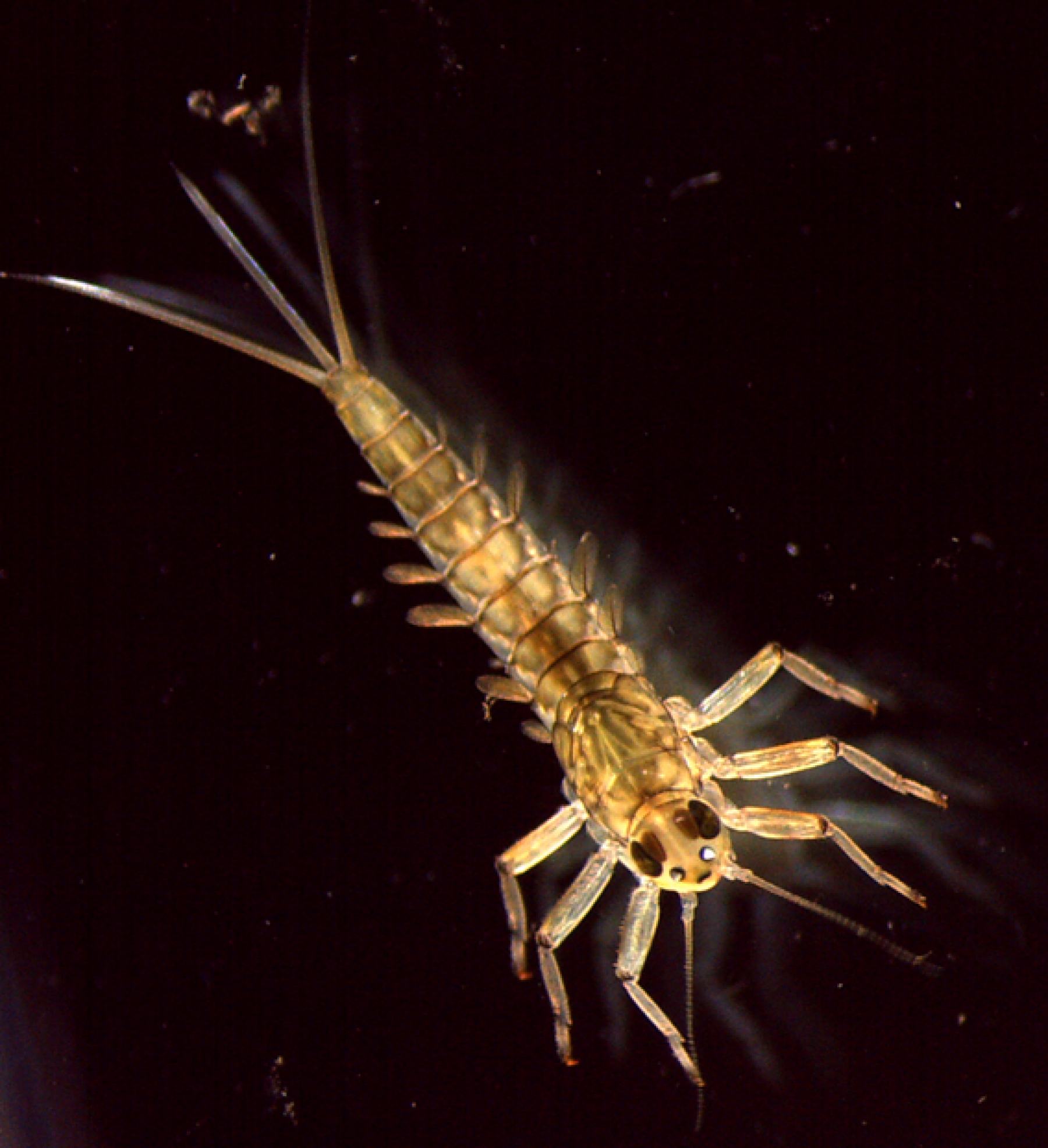International study shows that improved ecological quality of rivers does not consistently translate into improved biodiversity
The research team organised a common European database and analysed 1,365 aquatic invertebrate communities from over two dozen European countries.
An international study published in Nature Ecology & Evolution, and co-authored by Maria João Feio, a researcher at the Marine and Environmental Sciences Centre (MARE) of the Faculty of Science and Technology of the University of Coimbra (FCTUC), concludes that the progress observed in the ecological quality of some European rivers between 1990 and 2010 is not consistently reflected in the improvement of biodiversity, measured by species richness.
Maria João Feio explains: "Species (taxon) richness is a metric that generally reflects anthropogenic impacts on rivers. However, at the European scale, we observe mixed responses, as seen in situations where increased richness does not necessarily correlate with improved ecological quality". Feio also points out that "this can happen, for example, when there is an increase in tolerant and non-native species, leading to an improvement in richness, but still indicating anthropogenic degradation".
The FCTUC professor believes it is necessary to “invest in regular, standardised, expert monitoring of riverine aquatic communities (bioindicators), including the identification of invertebrate species. This includes accurate species identification, detailed metric analysis and the study of community composition, species abundance and their role in the ecosystem. Such comprehensive monitoring efforts will allow effective studies of how communities evolve in response to anthropogenic and climate change impacts, or to recovery measures”.
The research team organised a common European database and analysed 1,365 aquatic invertebrate communities from over two dozen European countries.
“We examined the evolution of anthropogenic change over time using several metrics commonly applied to assess the biodiversity and ecological quality of rivers, namely abundance, taxon (or species) richness, evenness or composition, and biological quality indices (Ecological Quality Ratios), the latter being standardised in the European Union and used by official Environment and Water agencies for river monitoring”, the researcher concludes.
The scientific article is available here.

